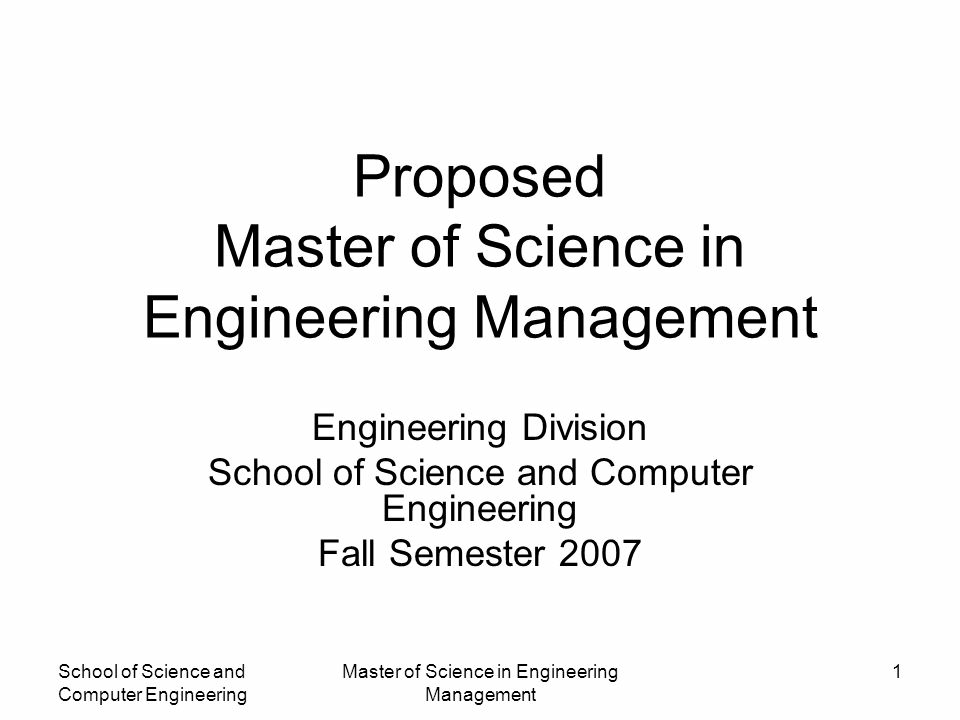Study abroad trips are opportunities for students to gain on-the-ground cultural and linguistic skills that they cannot learn in a classroom. Living and working abroad can also influence education and career choices. In recent years, however, many students have not been able to study abroad; the pandemic limits overseas travel. A National Endowment for the Humanities grant, “Local Contexts, Global Connections: Revitalizing Immersive Cultural and Language Study at Home,” along with the Stellyes Center for Global Study and other sources, funded four-week summer research projects in 2022 that provided students . Experiences typically associated with study abroad. Additional programs are planned for summer 2023.
Archaeological survey at Green Oaks
Katie Adelsberger, professor of environmental studies, and Danielle Fatkin, associate professor of history, often spend their summers in the scorching heat of Egypt and Jordan on archeology projects, but this summer they have sun and sand for sun and soil much closer. Traded home. at Green Oaks Field Station, 20 miles from Galesburg.
The professors introduced a group of eight students to the practical skills of marking a site, digging and analyzing the soil, and sifting through dirt to see what might turn up. Using laboratory equipment, they also learned how to identify and date the objects they found.
“Being at Green Oaks gave us the opportunity to think about soil formation,” Adelsberger said. “We think about the landscape, the history of this place and how that informs where we look or where we don’t look to see where an archaeological site might be.”
Some students enjoyed the opportunity to learn first hand about archeology and the nature of the work. Kaile Williams ’23, an anthropology and sociology major and archeology minor, found the project reinforced his future career goals. “I wanted to see if this was really what I wanted to do. I wanted to be a field archaeologist,” Williams said. “The potential to find something is exciting. It’s fun to look through things and learn how to do good fieldwork.
Roots on Angel Island: Immersion & Research on early Chinese immigration to the United States
Weihong Du, associate professor of Asian studies (Chinese), led a group of seven students on a two-week trip to the San Francisco area to investigate early Chinese immigration, particularly through Angel Island, a historic port of entry for Asian Americans .
Before the trip, the students immersed themselves in the topic through research and reading. While in the Bay Area, they attended private lectures and a workshop and visited historical sites of Chinese immigration and museums. They also interviewed some descendants of early Chinese immigrants.
“Students were able to learn about the issue through the lenses of political activism, oral history, archival research, law, poetry, hands-on exploration and dialogue,” explains Du.
“I wanted to expand my historical knowledge of immigration through the West Coast,” said Annika Miller ’23. “It is crucial to understand the United States immigration process from the early 20th century. I really enjoyed interviewing descendants of immigrant families and writing their stories to publish on the Angel Island Immigrant Stories website. (https://www.immigrant-voices. aiisf.org/)
Feminist Approaches to Museum Studies
Greg Gilbert, professor of art and director of the art history program, led students on an immersive museum trip to Chicago, where they also met Meg Duguid, a prominent feminist curator and director of the art gallery at Columbia College.
“I chose to participate in this program because, as a museum studies major, feminist approaches to museum studies are very relevant to my academic area and future career,” said Wilder Myslivy ’23. “I wanted the opportunity to learn more about this topic while working with my advisor and a group of my peers.”
“Some of the most valuable learning experiences were studying the different theories and philosophies of feminist curating and the important social justice mission of feminist art exhibitions,” Gilbert said.
U.S./Mexico border asylum plea
Robin Ragan, professor of modern languages (Spanish), took five students to the US-Mexico border to work as advocates for asylum seekers. Students helped asylum seekers in a variety of ways, including providing food and basic necessities, helping them understand transportation, translating supporting documents for asylum cases, and providing logistical support to a variety of volunteer agencies. .
Juan Jimenez ’23, a native of Ecuador, also participated in the program. “I came to the United States under different circumstances, but leaving your home and moving to another country is a tough experience. No one really wants to leave home. It felt really good to help others because I was once in their position – I didn’t speak English, I didn’t know anything about the American way of life. Now I see the journey from a different perspective and I understand the realities of immigration and how asylum seekers are discriminated against.
“I feel it is my responsibility as an educator to prepare students to engage with the debates and dilemmas of our day,” Ragan said. “I also want them to see the reality of their language skills in pressing contemporary issues. In a nutshell, knowing Spanish gives them an entrance to meet resilient, inspiring people and the ability to use their skills for the greater good.”
Is Knox College conservative or liberal?
In general, yes. Knox is a liberally accepting community. To see also : CMC asks businesses to complete a workforce needs survey.
Is Knox College prestigious? Knox is a very prestigious school. Although it’s small and your everyday common person probably hasn’t heard of it, Knox’s name carries a lot of weight in the academic and professional community. The campus is beautiful and historic, and parts of Galesburg are too.
What religion is Knox College?
Knox Grammar School strives to be an exemplary school that, in a caring Christian environment, develops students of faith, wisdom, integrity, compassion and courage, with a sure knowledge of who they are and how they should live.
Is Knox College Urban or rural?
Knox College is a private institution that was founded in 1837. On the same subject : The science behind inspiring our future. It has a total undergraduate enrollment of 1,154 (Fall 2020), its setting is city, and the campus size is 82 hectares.
What is unique about Knox College?
Knox is one of the 10 most diverse liberal arts campuses in America, with a student body that includes a wide range of races, ethnicities, ages, cultures, backgrounds, genders and gender identities, sexual orientations and faiths. On the same subject : The Other Side of the NIL Collective, College Sports’ Fast-Rising Game Changer. A Knox education isn’t something you sit and watch – it’s something you do.
Is Knox College private or public?
Knox College is a private institution that was founded in 1837. It has a total undergraduate enrollment of 1,154 (Fall 2020), its setting is city, and the campus size is 82 hectares.
What type of college is Knox College?
Who owns Knox College?
The University of Toronto has reached an agreement to lease the Knox College properties at 59 and 63 St. and programming.
What is special about Knox College?
Knox is ranked #39 among more than 200 national liberal arts colleges by Washington Monthly for our contribution to the public good in three broad categories: social mobility, research, and promotion of public service. This is the tenth consecutive year that Knox has appeared in the top 50 of this national ranking.
Can international student borrow money from bank?
You can get a general purpose loan of up to $4000 to $8,000 from a university, and you can borrow a higher amount from a bank. Remember, universities offer interest-free general purpose loans, but you have to pay interest to the bank.
Can you get a personal loan as an international student? For those students who need more financial support (including DACA students who need a loan), there are personal loans for international students.
Can international students get bank loans?
International students do not have the all-in-one approach because they are typically ineligible for federal aid, which includes federal student loans. International students generally cannot receive federal student loans unless they are eligible non-citizens, or they or their parents have T non-immigrant status.
Can you get an F-1 visa for community college?
The United States government offers three student visa types including F, J, and MF student visas: for study at an accredited US college or university or for studying English at an English language institute.
Can F2 Visa attend Community College? F-2 students can take online courses; there are no immigration-related restrictions for either online or distance-education instruction, and. F2 students can study at a college or university of their choice; they are not limited to academic study at the same university as the F-1 student.
Can international students apply for community college in USA?
Community colleges are two-year schools that are a popular option for international students. Almost all offer open-access admission, meaning that almost all qualified students can join.
What programs are eligible for F1 visa?
The F-1 visa (Academic Student) allows you to enter the United States as a full-time student at an accredited college, university, seminary, conservatory, academic high school, elementary school or other academic institution or in a language training program.
Do community colleges give F-1 visas?
Studying at a college, university, or English language program: If you plan to study full-time at a community college, college, university, or in an English language program, you will need an F-1 student visa. If you are not studying full-time, you are not eligible for an F-1 student visa.



